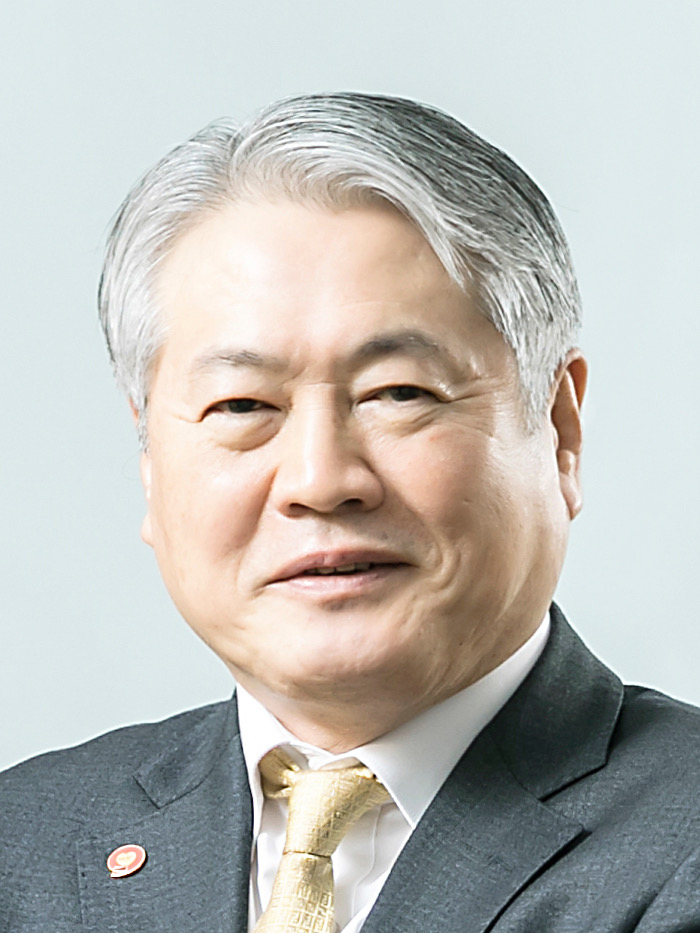Yong-Ik Kim, president of Korea’s National Health Insurance S
ervice (NHIS), provides an insight into the implementation of the upcoming MoonCare reforms, the government’s strategy to ensure the expansion of coverage is achieved sustainably, and the task of balancing affordable drug prices and encouraging innovation.
What are the main challenges currently facing the NHIS?
We are facing a number of serious challenges. The first comes from the rapidly ageing population structure, set to dramatically increase demand for medical services, threatening the long-term sustainability of healthcare. Thus, we must devise a strategy to address this.
Secondly, South Korea has a problematic health infrastructure. For example, hospital beds are very much oversupplied: in Korea there are 12 beds per 1,000 of the population, almost three times the OECD average of 4.7. The main concern is that hospitals and doctors will inflate demand to match this excess supply, raising the costs of the system unnecessarily.
Moreover, Korea has too many small hospitals with an insufficient capacity – 69 percent of Korea’s hospitals have fewer than 300 beds. Given that hospitals also behave according to economies of scale, so many small hospitals will drive up the costs, wasting resources. Finally, given that only 10.5 percent of hospital beds are provided by public sector, we have too much reliance on private healthcare provision.
Addressing all of these concerns will ensure that the system is fit for service and sustainable into the future.
As president of the NHIS, what have been your main priorities for the health system in Korea?
The first focus of the government has been the implementation of the reforms, dubbed as MoonCare (in the same way US reforms were called ObamaCare), expanding healthcare coverage while trying to limit patients’ out-of-pocket payments. For the NHI, we are investigating the best approach to integrate this policy into our system and expand insurance coverage to more therapies which are non-reimbursable at this present time. We are trying to include all essential medical care into the National Health Insurance System. By 2022, we will include all services deemed medically necessary.
Our second priority has been to change the contribution system. These are the first major adjustments to the contribution system since the introduction of medical insurance in 1977. Thus, reforms are very difficult to achieve. Nonetheless, we have already successfully implemented changes and will resume the second round of restructuring in 2022.
Regarding MoonCare, how is the government seeking to expand coverage while sustainably financing the healthcare system?
The total demand of healthcare is already set up. In terms of expenditure, 62.6 percent is currently covered by the NHI, the remaining expenditure comes through out-of-pocket payments by patients. Increasing the coverage of health insurance will reduce these out-of-pocket payments. Of course, to increase the scope of these benefits, a contribution will have to be raised. However, while patients will pay a higher contribution, these costs are spread across all the insured, so their total healthcare costs will be lower than the previous out-of-pocket payments.
Is there the possibility of controlling drug prices?
This is a controversial topic. We must purchase the best medicines at the cheapest prices. However, we also have to support the growth of the pharmaceutical industry, encouraging the development of innovative drugs and better generic medicines. At this present time, the role of the NHIS in terms of fostering innovation still remains somewhat opaque.
President Moon is emphasizing both innovative growth, and income lead growth. When innovative growth is discussed, the strategy should include all sectors of the economy, including pharmaceuticals and the health sector. However, more assistance is needed to truly promote this. It is crucial to find a balance between supporting the industry and purchasing the cheapest drugs available. This equilibrium will be critical. It is important to emphasize that the pharmaceutical companies are very much essential to the healthcare infrastructure in Korea. From time to time we encounter conflicts, but together we have always found solutions.
What is the potential to move to a more outcome-based approach to healthcare in Korea?
Regarding healthcare outcomes, there is a long way to go. We are in the process of strengthening both services and innovation within healthcare structure. We are planning to develop our community care system; when we accomplish an outcome-based healthcare approach of health services, we will need to reorganize all systems. In my opinion, on the present system of healthcare structure, the outcome-based approach is practically impossible. Nevertheless, there is a responsibility to lay the groundwork, as this new approach will be vital in the future.
I want to incorporate innovation into the healthcare infrastructure and to create a new community care system. Then, perhaps the future government will be able to approach the outcome-based healthcare system. Such a change requires numerous reforms. Consequently, patience is required since a step by step approach must be taken. While this may seem frustrating at times, it is the only way: these changes do not happen overnight.







